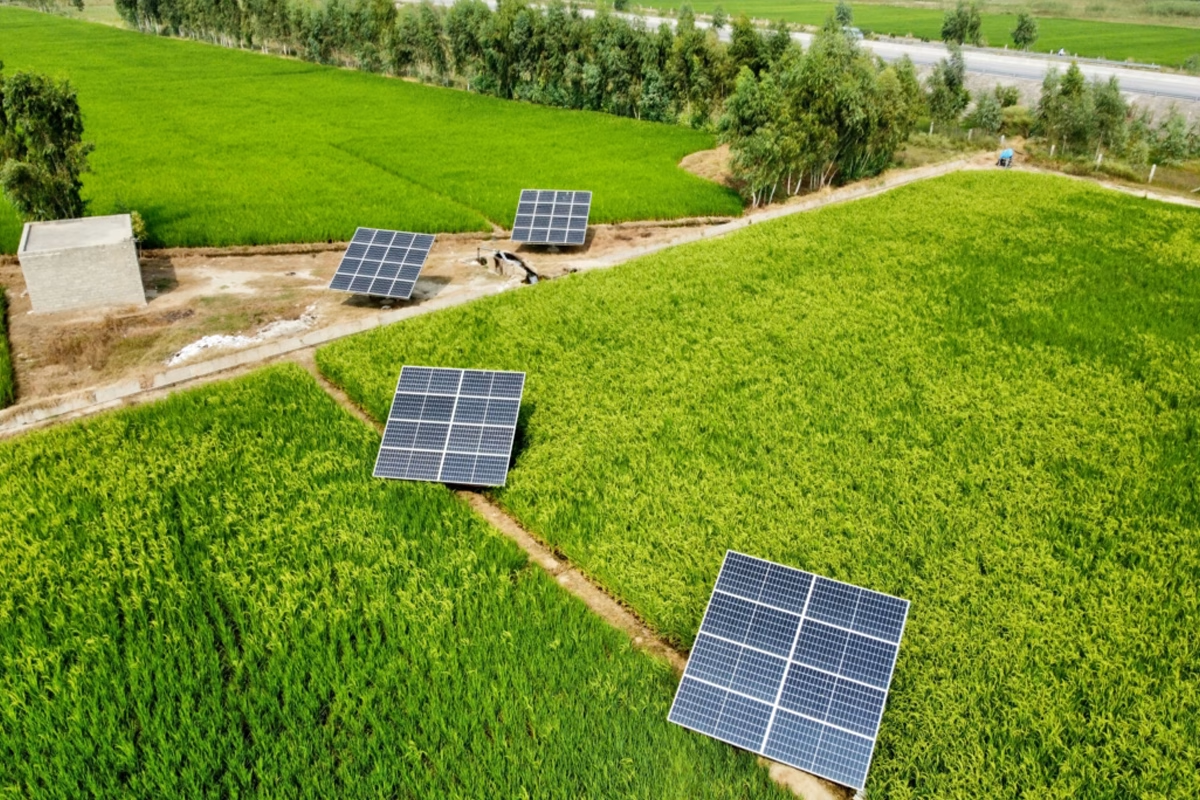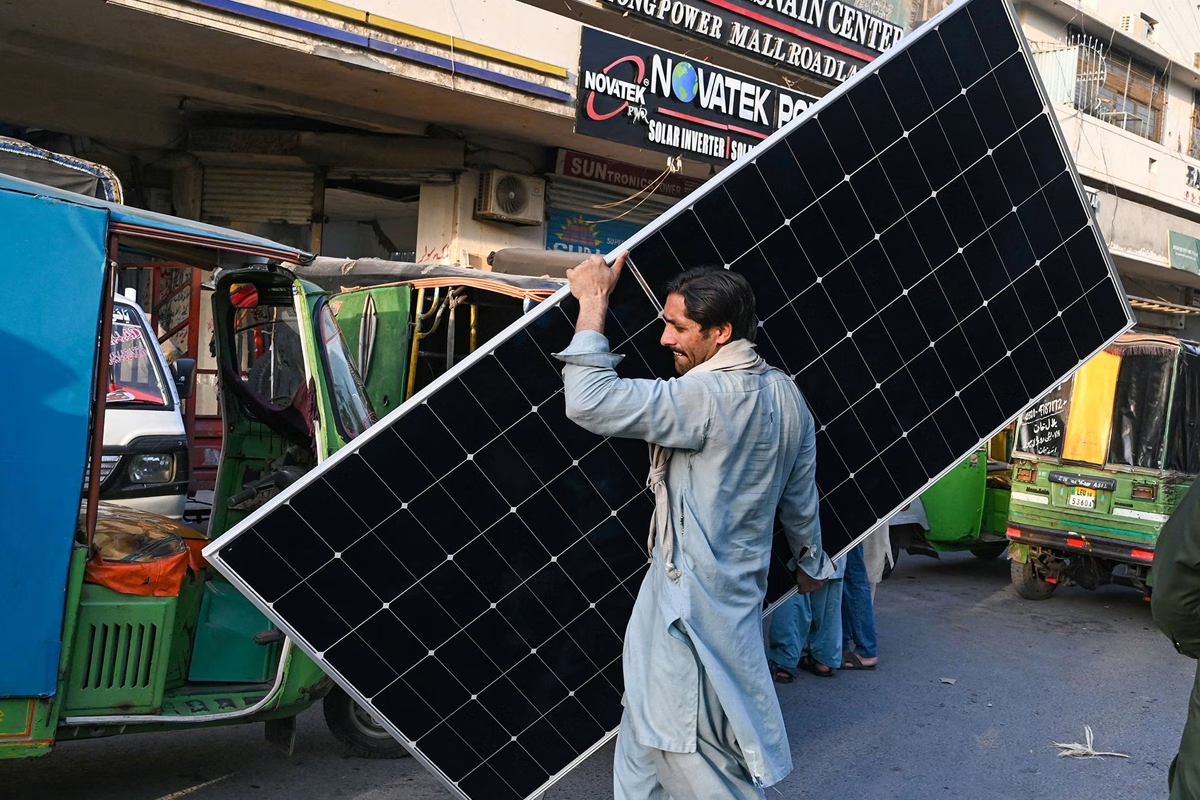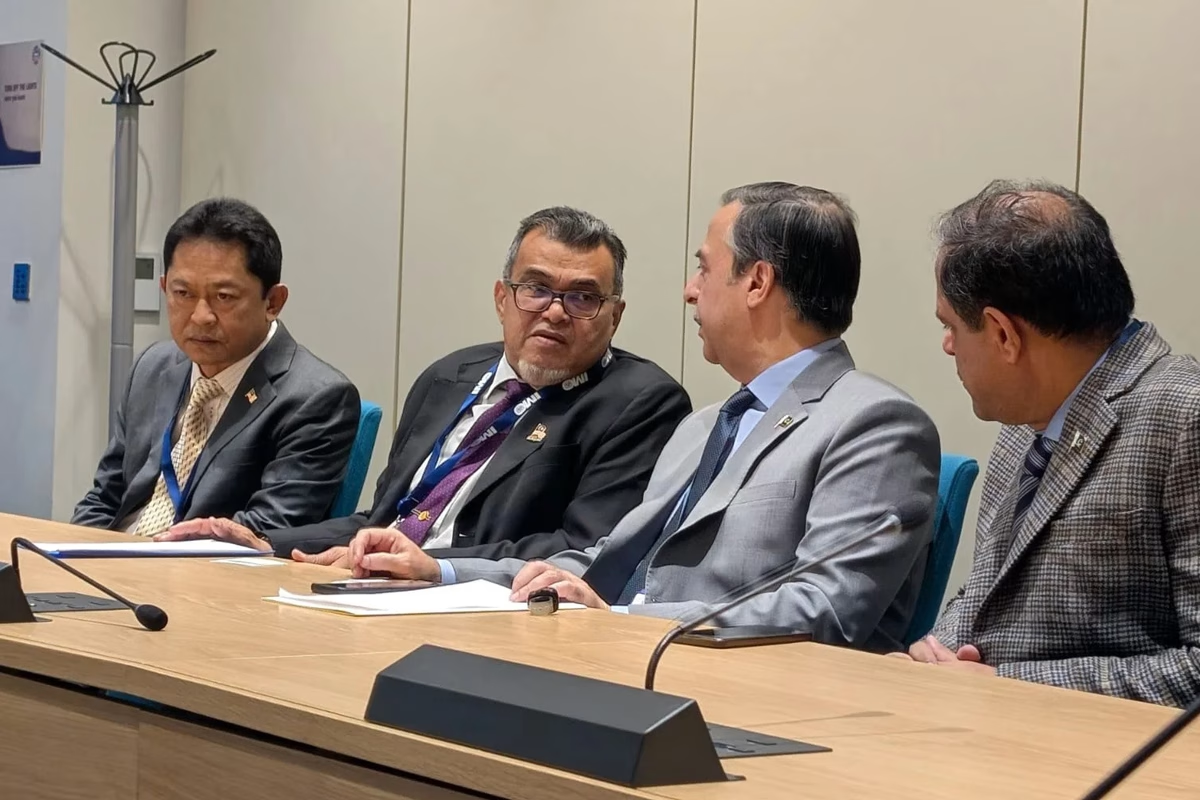
Gharibwal Cement Expands Solar Power Capacity with 12.5MW Addition
July 1, 2025
Spain’s grid operator blames power plants for blackout, disputes miscalculation
July 1, 2025In a significant move to promote renewable energy, the Government of Pakistan has reduced the sales tax on solar panels from 18% to 10%. The announcement was made by Deputy Prime Minister and Foreign Minister Senator Ishaq Dar during a session in the Senate.
Dar highlighted that 46% of the components used in solar energy systems are imported, creating affordability challenges for both consumers and investors. He explained that the tax reduction is part of a broader economic strategy aimed at encouraging solar adoption and reducing the country’s reliance on fossil fuels.
The tax relief comes amid rising demand for sustainable and cost-effective energy solutions in Pakistan. Industry analysts expect the reduced taxation to lower installation costs and speed up the country’s shift toward green energy.
Dar noted that Pakistan’s economy is stabilizing and that the government has revised several budget proposals in response to feedback from the public and stakeholders. The reduction in solar panel taxes reflects the government’s commitment to sustainable development goals (SDGs) and to easing the financial burden on households and businesses investing in solar technology.
Addressing concerns around digital taxation, the deputy prime minister clarified that sales tax on digital services would remain under provincial jurisdiction, with no plans to transfer control to the federal government.
The new budget also includes increased funding for universities in Sindh, aimed at strengthening higher education infrastructure. Additionally, energy development projects across various provinces will be undertaken through the Pakistan Infrastructure Development Company Limited (PIDCL), replacing the role previously played by the Public Works Department (PWD).
Ongoing discussions with the International Monetary Fund (IMF) are focused on managing the potential revenue shortfall while safeguarding the country’s development priorities.




